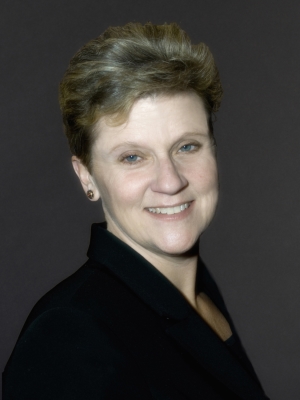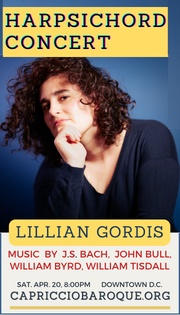Cantate Chamber Singers close season with a feast of German melody

Gisele Becker conducted the Cantate Chamber Singers’ final season program Saturday night.
Gisèle Becker has led the Cantate Chamber Singers for over twenty years. Next season she will step down as the music director of that small chorus of talented volunteers. The group’s final concert of the season, heard on Saturday at St. John’s Episcopal Church, Norwood Parish, focused on romantic choral repertory in German. Becker joked that this program was a guilty pleasure, easier to enjoy instead than some of the more bracing, contemporary fare the group often performs.
It was a delight to discover Robert Schumann’s Vier doppelchörige Gesänge, op. 141, four secular pieces for double chorus in an unaccompanied liturgical style. The texts are not appropriate for church, but such choral pieces are rarely heard, if ever, even on lieder recitals, generally the province of soloists.
The texture of two equal choirs stretched the forty-odd voices, especially in the second choir; intonation was not always true, as in the chromatically daunting fugue of the fourth song. Voices also stuck awkwardly out of the texture here and there, especially in the loud second piece.
Still, Becker’s skill at shaping phrases and balancing both loud and soft harmonies helped bring out the best from her singers, with rubato and expressive dynamics to set the often longing texts.
In the two selections for separated choirs, the men of the choir, standing farther back in the chancel, seemed uncertain and hesitant at times in Schubert’s Dreifach ist der Schritt der Zeit. The women were more cohesive and in tune on the same composer’s Ständchen, D. 920, for women’s voices, led by chorus member Joan McFarland on the solo part.
In the middle of the first half, pianist Andrew E. Simpson offered four short keyboard pieces by Max Reger. He embedded the aching melody perhaps too deeply in the middle texture of the “Romanze” from Four Piano Pieces, with the right hand more prominent. The “Humoreske” and “Capriccio” from Ten Little Pieces for Piano, op. 44, were sly and playful, with skillful delineation of voices there and in the somber “Fughette.”
Tenor David Wolff, a former member of Cantate Chamber Singers, sounded unsettled in a set of three Richard Strauss songs though high notes were robust.
Simpson got a major workout at the keyboard in the climax of the program, a rousing rendition of the Zigeunerlieder of Johannes Brahms, op. 103. Hugo Conrat’s German translations of Hungarian folk songs, supposedly taught to him by his Hungarian nurse, prompted Brahms toward a full-throated, deeply sentimental style in these eleven songs. Brahms added four more songs to the set in his op. 112, not performed at this concert.
The men of the choir redeemed themselves in the Brahms, with a lusty, full sound at the broad opening of the first song (“He, Zigeuner!”) and throughout this set. Their contribution to the longing harmonies of “Kommt dir manchmal,” one of the better songs in the collection, was especially refined. With the whole group in one choir, the problems heard in the opening double-choir set were not as pronounced.
Becker’s clear, firm gestures and obvious attention to details of diction and attack gave her singers confidence, and they responded with playful insouciance in “Lieber Gott,” as well as trembling energy in “Brauner Bursche.” The tentative expression in the penultimate song, “Mond verhüllt sein Angesicht,” was redolent of Brahmsian sentiment, whispered under the breath more than shouted. It thus made more of a high point than the louder song that followed it.






